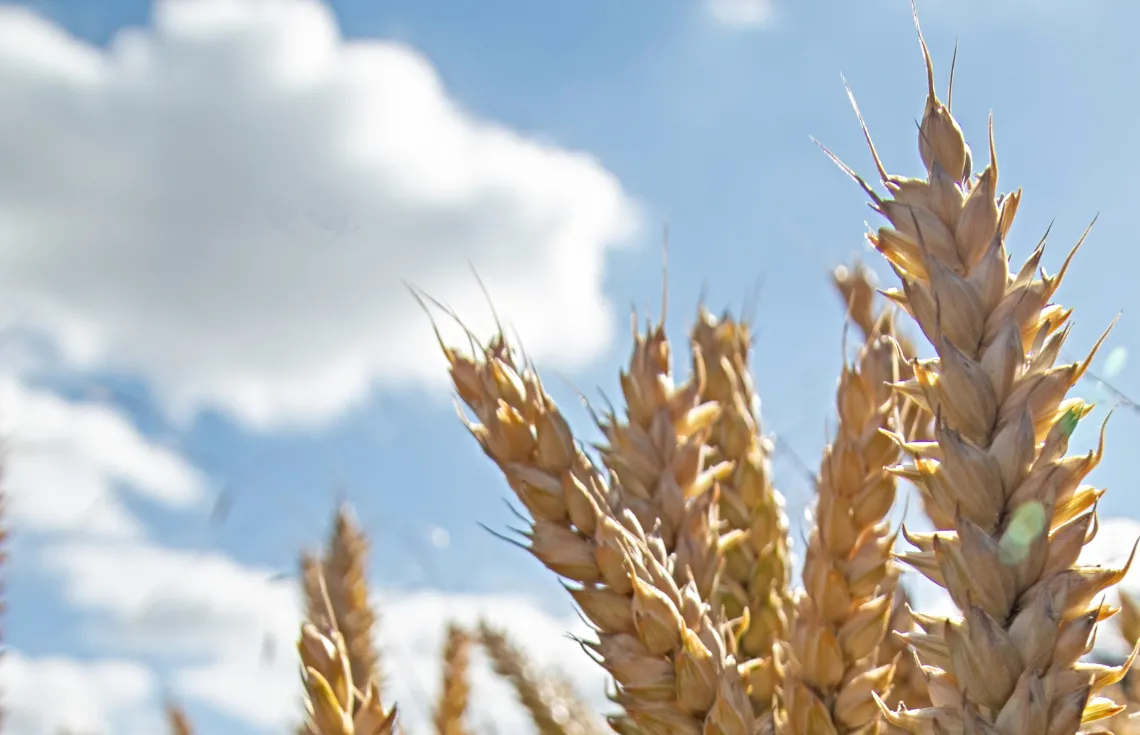Revisiting a Centuries-Old Approach to Farming That Embraces Water Scarcity

The arid climate of the Hopi reservation in northeastern Arizona receives a mere 8.5 inches of annual rainfall. For perspective, the yearly United States average is 30 inches. Despite this severe aridity, for over 3,000 years, the Hopi people have stewarded an extraordinary agricultural tradition centered on dry farming.
Dr. Michael Kotutwa Johnson is an Indigenous Resiliency Specialist at the University of Arizona and a leading practitioner of Hopi dry farming — a form of agriculture that eschews irrigation in regions with limited water moisture. As a 250th-generation Hopi dry farmer, his ongoing traditional practices are a testament to the power of cultural values and the potential of climate-adaptive farming. These ongoing Hopi farming practices defy modern notions of crop needs and vulnerability in areas with limited irrigation and water supply.
Originally published on December 7, 2023 by the Environmental Defense Fund.

